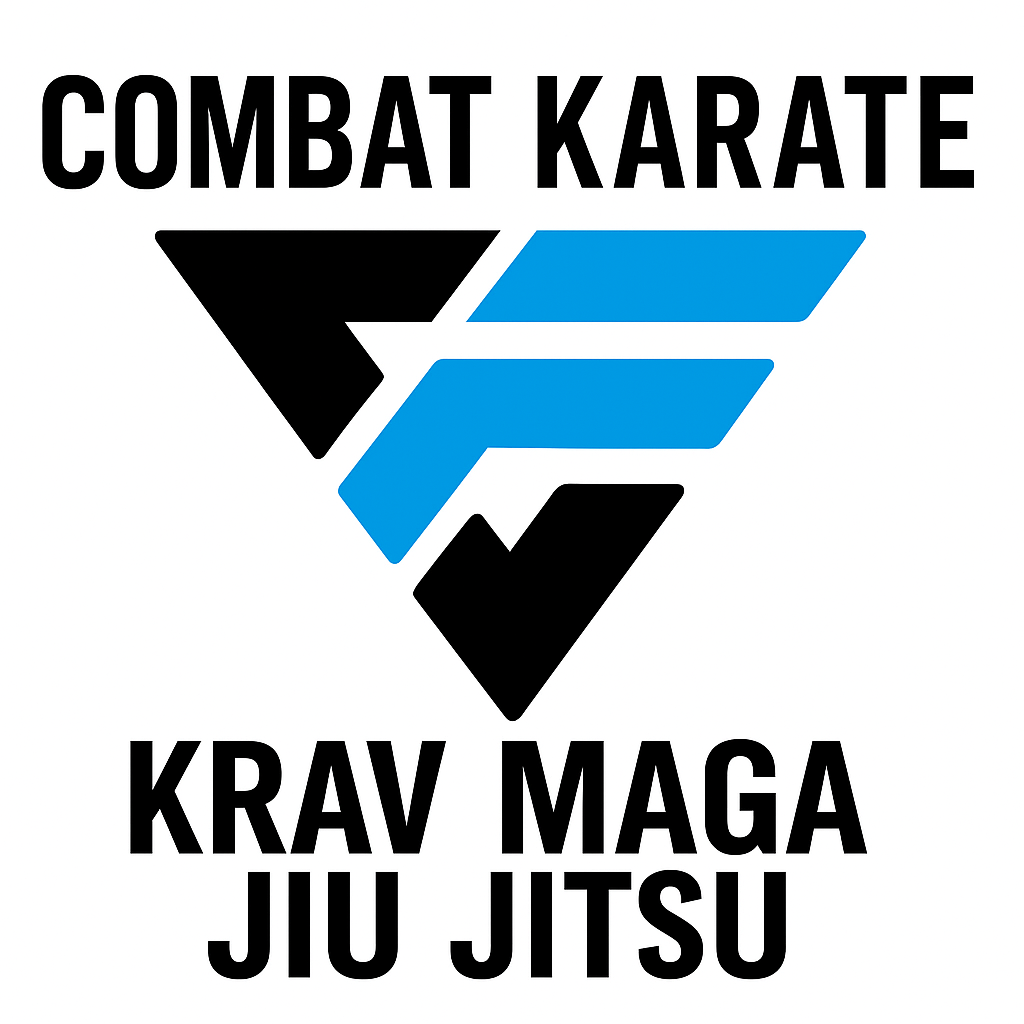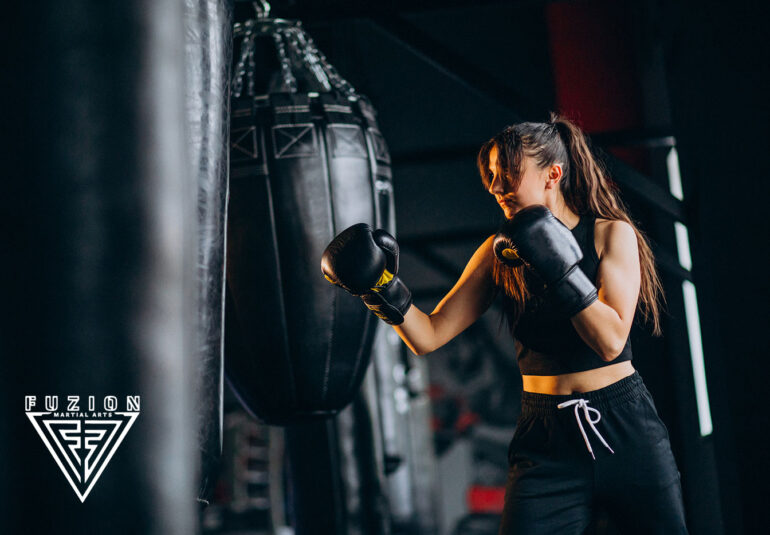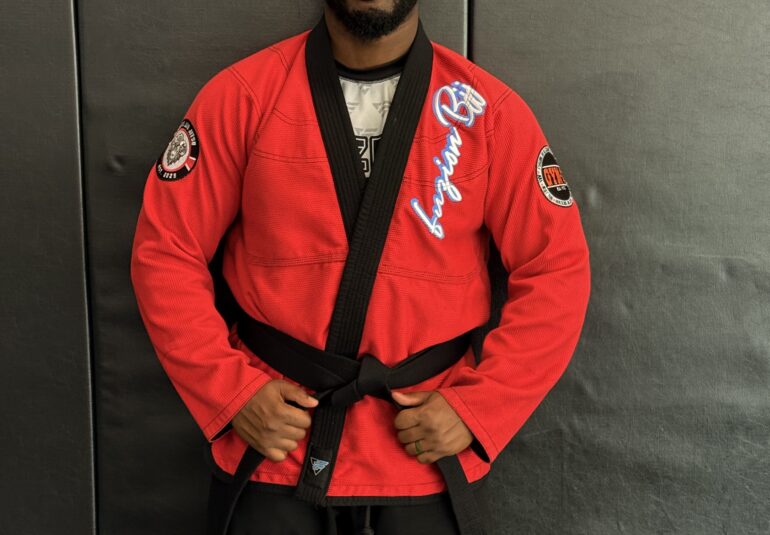
- 363
- 0
In the world of martial arts and self-defense, Krav Maga and Brazilian Jiu-Jitsu (BJJ) are two of the most respected and widely practiced disciplines. While both systems offer unique advantages, they differ greatly in philosophy, application, and technique. Whether you’re a beginner looking for effective self-defense or an experienced martial artist seeking to cross-train, understanding the core differences between Krav Maga and BJJ can help you decide which is better aligned with your goals.
Origins and Philosophy
Originating in Israel, Krav Maga was developed for the Israeli military and focuses purely on real-world self-defense. It emphasizes efficiency, aggression, and neutralizing threats as quickly as possible. There are no sport competitions—just practical techniques to survive violent encounters.
BJJ was developed in Brazil from traditional Japanese Jiu-Jitsu and Judo. It centers on ground fighting and submissions, using leverage and technique to control or submit opponents. BJJ is both a self-defense system and a competitive sport, offering avenues for fitness, competition, and self-improvement.
Key Techniques and Training
Krav Maga Techniques:
– Strikes (punches, elbows, knees, kicks)
– Defense against weapons (guns, knives, blunt objects)
– Situational awareness and threat neutralization
– Emphasis on multiple attackers and real-life scenarios
BJJ Techniques:
– Takedowns and positional control
– Escapes and sweeps
– Chokes and joint locks
– Sparring (rolling) for live, controlled practice
Strengths and Weaknesses
Krav Maga: Rapid threat response, weapon defense, simple techniques for real life. There is less emphasis on ground fighting (though there are BJJ elements), limited sparring, little to no long-term sports benefits.
BJJ: Effective against larger opponents, deep technical development, live sparring. Minimal focus on weapons and multiple attackers, mostly sport-focused gyms.
Real-World Application
Krav Maga is excellent for those seeking quick, effective skills for personal safety. It prepares practitioners for unpredictable, violent encounters and includes scenarios like being attacked in a car or defending against an armed aggressor.
BJJ, while less focused on multiple attackers or weapons, excels in teaching control, leverage, and restraint. It’s particularly valuable in situations where you want to subdue someone without causing serious harm—useful for security, law enforcement, or civilians avoiding legal consequences.
Which Should You Choose?
As always, it depends on you and your goals.
You might consider Krav Maga if you want a no-nonsense system focused on fast, aggressive self-defense in unpredictable, real-life scenarios.
You may choose BJJ if you’re interested in ground control, personal development, live sparring, and a sport-based approach to self-defense.
Ultimately, both Krav Maga and Brazilian Jiu-Jitsu are powerful systems in their own right. In fact, many martial artists find that combining both Krav Maga for striking and real-world awareness, and BJJ for grappling and control offer a well-rounded self-defense capability.


